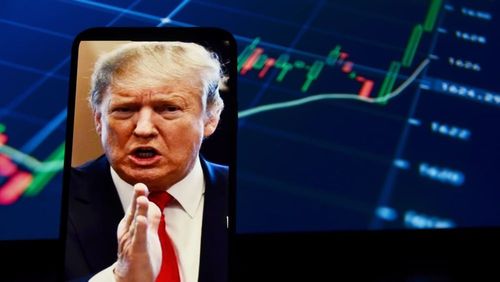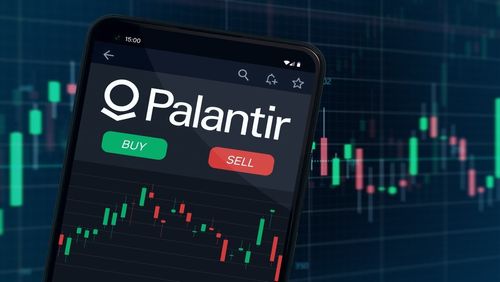O site m.markets.com é operado pela Markets South Africa (Pty) Ltd regulamentada pela FSCA sob a licença nº 46860 e licenciada para atuar como mercado de balcão para derivados (Over-the-counter Derivatives Provider – ODP), nos termos da Lei dos Mercados Financeiros nº 19 de 2012. A sede da Markets South Africa (Pty) Ltd está localizada na Boundary Place 18 Rivonia Road, Illovo Sandton, Joanesburgo, Gauteng, 2196, África do Sul.
Aviso de Investimento de Alto Risco: A Negociação no Mercado de Divisas (Forex) e de Contratos por Diferenças (CFD) é altamente especulativa, acarreta um nível de risco elevado e poderá não ser adequada para todos os investidores. Você poderá ter perdas de todo ou parte do seu capital investido. Portanto, você não deve especular com capital se não dispuser de meios para cobri-los em caso de perda. Deverá ter consciência dos riscos que estão associados à negociação com margem. Leia a Declaração de Aviso de Risco para obter uma explicação mais pormenorizada dos riscos envolvidos.
Em caso de reclamação relacionada à privacidade e proteção de dados, fale conosco pelo e-mail privacy@markets.com. Leia a nossa POLÍTICA DE PRIVACIDADE para obter mais informações sobre o tratamento de dados pessoais.
A Markets.com opera por intermédio das seguintes subsidiárias:
A Safecap Investments Limited (‘Safecap’), é regulamentada pela Cyprus Securities and Exchange Commission (“CySEC”), conforme a licença nº 092/08. Safecap é uma empresa constituída na República de Chipre sob o número empresarial ΗΕ186196.
A Markets International Limited é registrada em São Vicente e Granadinas ("SVG") nos termos da legislação revisada de São Vicente e Granadinas de 2009, com registro número 27030 BC 2023.




